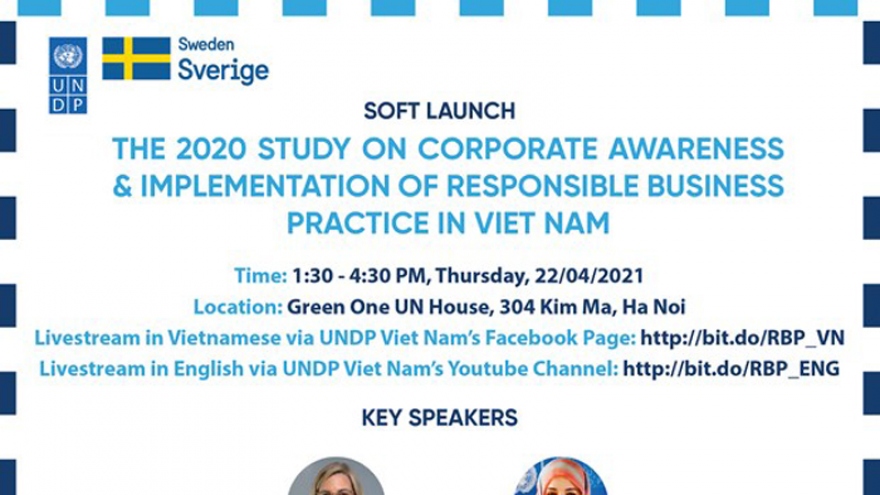Vietnamese economy to recover fast this year: UNDP representative
There are promising signs for Vietnam and its economic recovery this year, Caitlin Wiesen, United Nations Development Programme (UNDP) representative in Vietnam has said.
In an interview granted to Vietnam Investment Review, the official also spoke highly of the Vietnamese Government’s efforts to put the security and safety of the people as a priority during the pandemic, especially the government’s leadership in the rapid and equitable deployment of COVID-19 vaccines. The vaccination campaign has enabled the government to open up further for business and tourism, she said.
Wiesen noted that last year, Vietnam introduced two support packages for those affected by lockdowns and social distancing, the first worth US$2.7 billion and the second, US$1.13 billion.
She highlighted that growth will accelerate this year, as tourism, transport, and other services are open. However, it is unrealistic to think that there will be an immediate return to the growth path experienced before the pandemic. The official pointed to multiple challenges including a climate crisis; rising fuel prices; supply chain disruption due to prolonged lockdowns; and the knock-on effects of the war in Ukraine.
The government, therefore, plays an important role in ensuring growth is sustainable beyond this year. This will include an increasing supply of long-term finance, facilitating growth among domestic firms through technology upgrades and public investment, and increasing climate finance, among others, she said.
To meet the objective of achieving high-income status by 2045, Vietnam needs to invest a larger share of national output into national competitiveness, increasing value in domestic industries, and upgrading technological and innovation capabilities, the official suggested.
Regarding the UNDP’s commitments to Vietnam in realising its goals of becoming a high-income economy by 2045 and reaching net-zero emissions by 2050, Wiesen said that to support the development of strong domestic productive capabilities, the UNDP is conducting research with the Ministry of Planning and Investment on linking public investment to development outcomes, strengthening the domestic capital market, and restructuring national development banks.
To support Vietnam’s commitment to reaching net zero emissions by 2050, the UNDP is undertaking several actions for a just climate transition. Last December, the UNDP and other partners reaffirmed our commitment to Vietnam and the country’s efforts to achieve the new climate targets, she noted.
The UNDP is ready to work collectively with the like-minded donor group on the nationally determined contributions to support the government to mobilise international resources, including a combination of increased public and private investment, drawing on official development assistance and concessional loans to reduce costs to Vietnam, and providing needed expertise, knowledge, and technology to accelerate the green transition and improving the regulatory environment for a just energy transition.
It is supporting the Ministry of Natural Resources and Environment to revise the National Climate Change Response Strategy to align with the net-zero carbon emissions target by 2050. The strategy will link Vietnam’s pledges on clean energy, methane reduction, coal phase-out and forest protection to reach the targets by 2050 and convert them into concrete actions.
Building on existing programmes with the Green Climate Fund and Global Environment Facility financed projects, the UNDP is working closely across key ministries to map out the necessary interventions in each sector and region and to mobilise the most up-to-date and reliable scientific information on current and forecasted impacts of climate change.
The UNDP is deepening its partnership with the Vietnamese government to protect vulnerable groups from the impacts of climate change with integrated storm and flood resilient programmes in coastal provinces, water management in the central highlands and environmental governance in the Mekong Delta region, to ensure that no-one is left behind in the process of adapting to climate change.
The agency is also developing a major new project that aims to build resilience for coastal communities and implement natural-based solutions in mangrove and coral protection while supporting local livelihoods and eco-tourism, Wiesen added.




